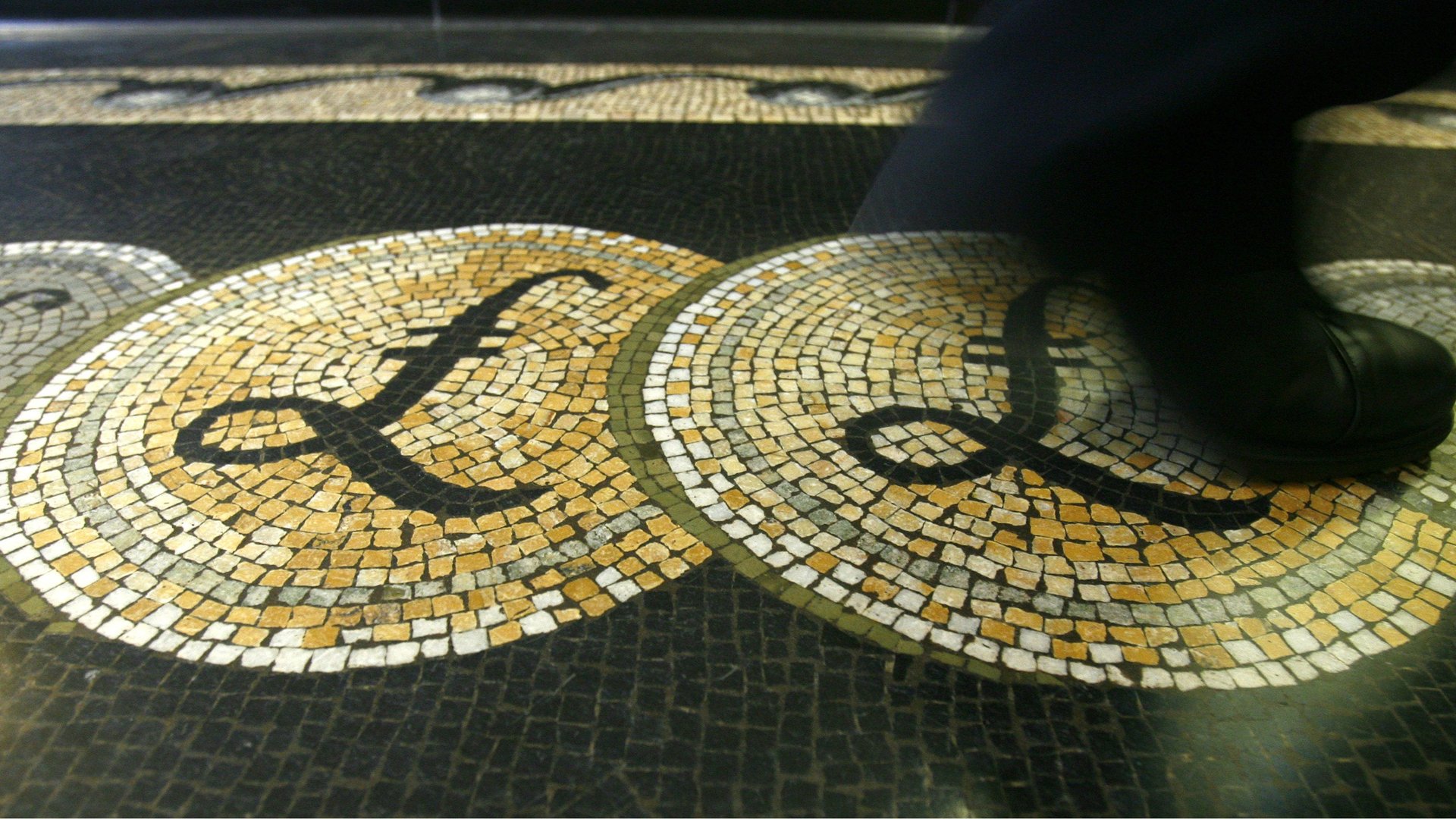The British pound isn’t the world’s worst currency in the one year since Brexit, but it’s close
Exactly one year ago today, the UK voted 52% to 48% to leave the European Union after more than 40 years of membership. For now, you could argue that not much has changed—the UK won’t actually leave the EU until March 2019 and it’s still not even agreed what Brexit ultimately means. But there’s one big change that’s impossible to dispute: the effect of the vote on the pound.


Exactly one year ago today, the UK voted 52% to 48% to leave the European Union after more than 40 years of membership. For now, you could argue that not much has changed—the UK won’t actually leave the EU until March 2019 and it’s still not even agreed what Brexit ultimately means. But there’s one big change that’s impossible to dispute: the effect of the vote on the pound.
In the past year, the British currency has shed 15% of its value against the dollar.
Traders weren’t prepared for the UK’s decision to go for Brexit and on June 24, 2016, the pound had its worst day on record. Since then, a flash crash and a hung parliament have helped push down the pound even further.
The currency’s depreciation has had a number of knock-on effects. It’s pushed the annual inflation rate up to 2.9% from 0.5% a year ago. This has made slow wage growth worse; once inflation is added to the equation, wage growth is actually declining. This means consumers are spending far less. For years, consumption was the foundation of the UK’s economic growth. Now that has been diminished, and the UK started 2017 as the slowest-growing economy in the G7—yes, below Italy and France.
Even the positives of a cheaper currency haven’t fully materialized. It used to be that a weaker currency increased exports because it was cheaper for other countries to buy your products and that was good for economic growth. The UK’s national statistics office recently said this economic theory doesn’t hold up so well these days and that the relationship between sterling and exports was more complex. In today’s globalized world, so many components of exported products are made up from overseas imports, which cost more now thanks to the pound’s fall. And so the advantages of a cheaper pound on exports has been neutralised by more expensive imports.
The pound is the second-worst performing currency in the world in the past 12 months. Only Turkey has fared worse, but in recent months its currency has actually started to regain some lost ground.